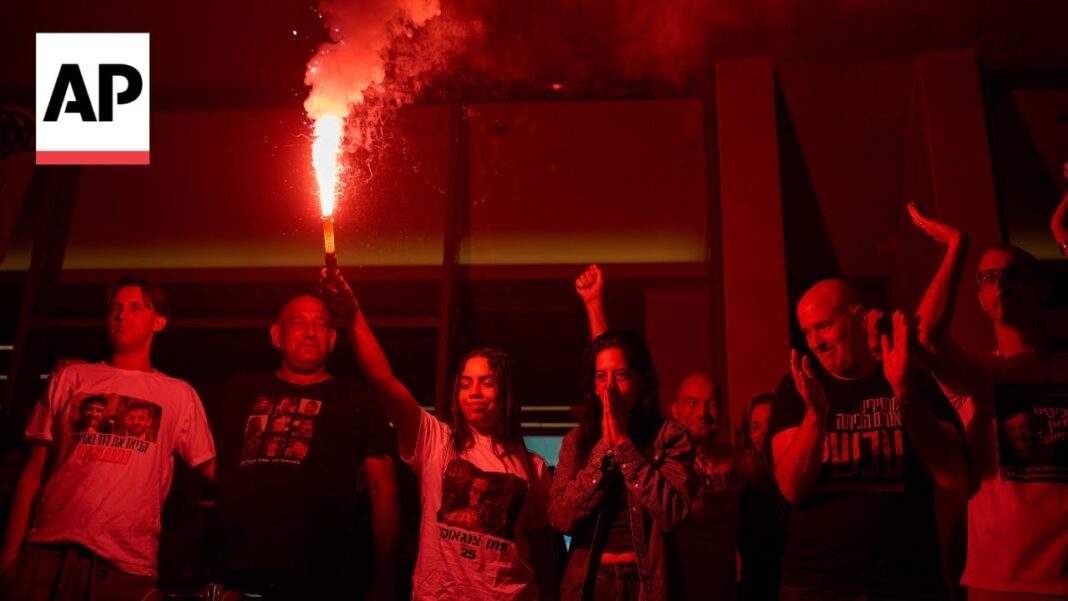U.S. Treasury Secretary Scott Bessent rebutted claims that the administration’s action is a bailout.
The U.S. government has finalized a $20 billion economic rescue plan for Argentina, Treasury Secretary Scott Bessent announced on Oct. 9.
Bessent stated last month that all options were on the table to support Argentine President Javier Milei’s economic agenda by employing multiple stabilization tools.
Writing in a lengthy X post, the senior administration official confirmed that the United States will follow through on its commitment by purchasing Argentine pesos and finalizing a $20 billion currency swap plan with the Latin American nation’s central bank.
“The U.S. Treasury is prepared, immediately, to take whatever exceptional measures are warranted to provide stability to markets,” Bessent said on social media.
“Argentina faces a moment of acute illiquidity. The international community … is unified behind Argentina and its prudent fiscal strategy, but only the United States can act swiftly. And act we will.”
Direct foreign currency purchases by governments or central banks are a policy aimed at stabilizing or influencing currencies and exchange rates. While this mechanism has not been used on a wide scale in recent years, it was a standard tool in the 1980s to reverse the significant appreciation of the U.S. dollar.
Bessent rebutted claims that the administration’s action is a bailout.
“It’s not a bailout at all,” Bessent told Fox News host Laura Ingraham. “There’s no money being transferred. The [Exchange Stabilization Fund] has never lost money. It’s not going to lose money here. I was in the investment business, mostly currencies, for 40 years. You’re supposed to buy low, sell high. And the Argentine peso is undervalued.”
The announcement came after four days of talks with Argentine officials, including Finance Minister Luis Caputo.
Global Reaction
Local financial markets strengthened on the news.
The S&P MERVAL Index—a benchmark stock market index for Argentina—climbed 5.8 percent. Global X MSCI Argentina ETF—an exchange-traded fund that tracks large and mid-sized companies—surged 6.47 percent and rose about 0.8 percent in after-hours trading.
Argentina’s 2035 bond rose 4.6 cents to trade at 60.58 cents on the dollar, while the peso advanced as much as 2 percent against the U.S. dollar.
Milei, who is scheduled to meet with President Donald Trump and Bessent next week at the Oval Office, expressed gratitude for U.S. support.
“Together, as the closest of allies, we will make a hemisphere of economic freedom and prosperity. We will work hard every day to provide opportunity for our people,” Milei said in a statement.
By Andrew Moran








